Why Remote Support Makes Sense In A Social Distancing World
Why Remote Support Makes Sense In A Social Distancing World
Read article
Effective AV management solutions require ongoing management and maintenance, along with user training. With this support in place, your organization will get the maximum return on its AV investment.

AV training is vital for system adoption, fostering familiarity with the AV solution. Integrators should handle training for several reasons, including:
Rankin ISD faced the challenge of integrating advanced educational technology into its new middle and high schools, seeking solutions that catered to both teachers and students at a high level.

Following the project’s conclusion, clients can continue support and service through Data Projections with a maintenance agreement. There are a few to choose from, and they may include the following:
Remote technical assistance can be managed over the phone or through e-mail and is available during standard business hours. Any calls made after hours are returned the next morning. Most maintenance agreements allow for unlimited remote assistance, so there’s always an AV expert one call away, ready for audio visual equipment repair services.
If an issue cannot be resolved remotely, then Data Projections will collect information from the client to help diagnose the problem and dispatch an AV expert to the client’s facilities. Once there, the technician will assess the issue and resolve it. Data Projections AV experts hold several manufacturer certifications to ensure they are qualified to service your AV system.
Preventative maintenance spots and stops potential performance drags, ensuring your AV solutions are always operating optimally. It’s administered either quarterly or monthly, and the client chooses which equipment to protect in this way, so high-value technology is given priority.
With a maintenance agreement, Data Projections handles both product and system warranties for the client. This includes submitting the equipment to the manufacturer and returning it. Warranties only provide value if they are utilized, and Data Projections ensures they are. Data Projections will also manage the shipping process. If special packaging is needed to ship the equipment, it is provided at no extra charge.
Data Projections can provide support when a client’s network is causing issues with the AV solution. During troubleshooting, Data Projections will collaborate with the client's IT department or network provider to ensure optimal reliability, video quality, and video equipment repair.
Data Projections includes training with system integration, but with a maintenance agreement, additional training sessions can be added. This extra training can be used to refresh knowledge on existing features, help integrate new features into workflow or help new hires get used to the system.
Don’t overlook support and service, as even the best-designed and installed solutions will eventually have their issues. Training and maintenance agreements help keep these issues from emerging and minimize their impact when they do. AV integrators also update their training materials and methods frequently to account for new products, new features or new concerns.
This is why experienced AV integrators tailor their training materials to the audience. If needed, the trainer can speed up or slow down and adapt their approach on the fly if questions come up. Integrators can be flexible in this regard, though, and pick a departmentalized training approach that works best.
For instance, an integrator can train a couple of people in each department and then allow those tech leaders to bring the rest of the department up to speed. Leveraging existing professional relationships in this way can make the transition more comfortable for employees who would otherwise be hesitant.
AV integrators also fine-tune training sessions for particular departments to improve training efficiency. It’s common for AV integrators to focus training efforts on the client’s IT department and then allow the company’s IT department to train everyone else. Integrators can be flexible in this regard, though, and pick a departmentalized training approach that works best.
When an organization places the training burden on its IT personnel, its IT department is stressed to develop that training, answer unforeseen questions and organize session times. It’s an inefficient way to get people over the learning curve. That’s one less thing to worry about when an integrator is leading the training.

Why Remote Support Makes Sense In A Social Distancing World
Read article